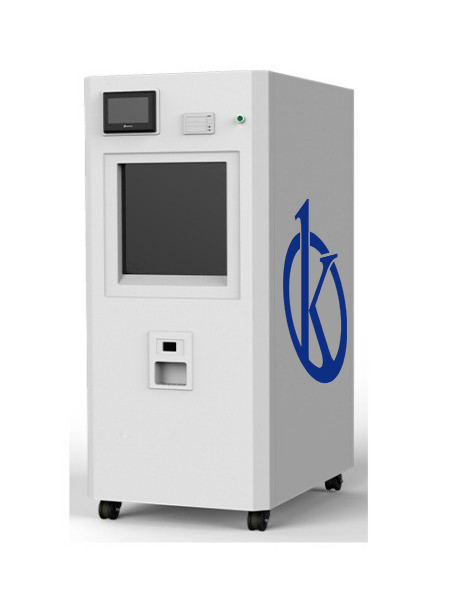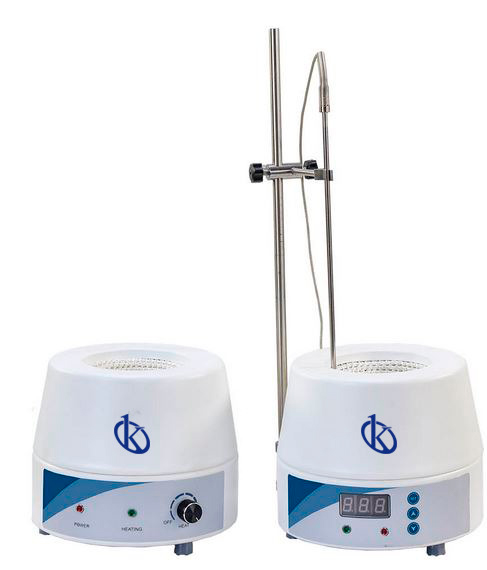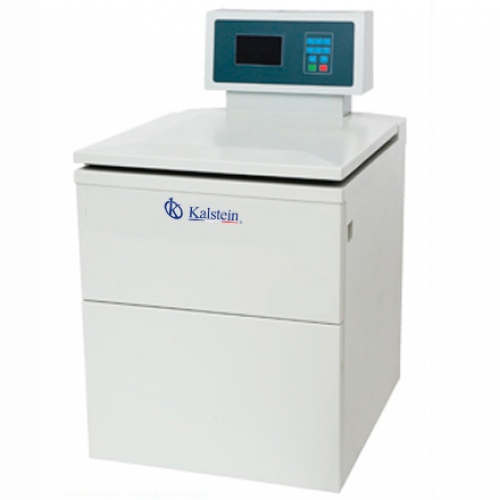Introduction
Septic arthritis caused by Salmonella enterica is a condition that typically affects children with underlying health issues such as malignancies, sickle cell disease, immunodeficiency, or those undergoing immunosuppressive therapy. However, its occurrence in healthy children is notably rare. This article presents a unique case of septic arthritis in a previously healthy child, attributed to an S. enterica infection, and diagnosed using metagenomic next-generation sequencing (mNGS). This case highlights the significant role of mNGS in identifying S. enterica arthritis, especially in cases where the pathogen remains unidentified through conventional methods.
Case Presentation
The patient, a previously healthy child, presented with symptoms indicative of septic arthritis. Initial diagnostic efforts failed to identify the causative pathogen, prompting the use of advanced diagnostic techniques. Metagenomic next-generation sequencing (mNGS) was employed, which successfully identified Salmonella enterica as the pathogen responsible for the infection.
Diagnostic Approach
Metagenomic next-generation sequencing (mNGS) is a cutting-edge diagnostic tool that allows for the comprehensive analysis of genetic material from clinical samples. This technique is particularly useful in identifying uncommon pathogens that may not be detected through traditional diagnostic methods. In this case, mNGS proved to be an invaluable tool in diagnosing the S. enterica infection, enabling timely and appropriate treatment.
Discussion
The use of mNGS in this case underscores its potential as a pivotal adjunctive diagnostic modality, particularly in scenarios where conventional methods fail to identify the causative pathogen. The ability of mNGS to detect a wide range of pathogens makes it an essential tool in the diagnosis of rare infections, such as Salmonella enterica-induced septic arthritis in healthy children.
Conclusion
This case report demonstrates the utility of metagenomic next-generation sequencing in diagnosing rare infections in pediatric patients. The successful identification of Salmonella enterica in a healthy child with septic arthritis highlights the importance of incorporating advanced diagnostic techniques in clinical practice. Future research should focus on further exploring the applications of mNGS in diagnosing uncommon infections to improve patient outcomes.
🔗 **Fuente:** https://www.frontiersin.org/journals/pediatrics/articles/10.3389/fped.2025.1704234/full




